Zurich’s youth face off against police
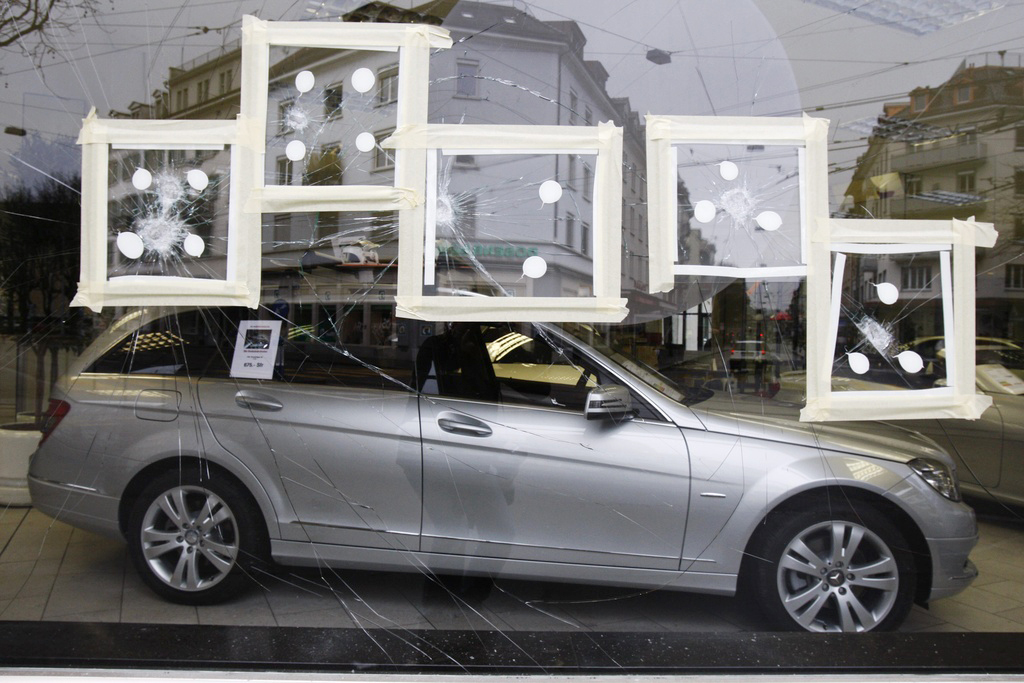
The smell of teargas and the thud of rubber bullets have marred what should otherwise have been lazy end-of-summer weekends in Zurich.
For the past two Saturdays, local youth have organised illegal street parties – complete with loud speakers – in the busiest parts of the city, with police intervening and arresting several people.
Ueli Mäder, professor of sociology at Basel University, tells swissinfo.ch the youth have a right to be heard. He says social inequality is widening in Switzerland, making riots more likely.
On the first weekend, participants demonstrated for non-commercial places for going out, and “free spaces” for youth. But seven days later, after calls went out to support another street party, it was clear many in the crowd had only one thing in mind – to fight the police.
According to police, several members of the crowd were armed with iron bars, and significant damage occurred.
swissinfo.ch: After the riots in London, we can’t exclude the possibility that Switzerland could also be touched by confrontations linked to social inequality. Can the events in Zurich be seen in that light?
Ueli Mäder: I think that the potentially explosive character of social inequality is increasing, yes, in Switzerland as well. But with our culture of political consensus, of dialogue, with the high degree of integration in the professional world and direct democracy, the confrontations which occurred in Zurich are still surprising.
In Switzerland, social inequality declined until the 1960s. But since the 1970s and especially from the end of the 1980s, the gap has again been widening. It is not a direct cause of the confrontations between youth and police, but it’s an element that should be considered.
Many young people are reacting to a lack of opportunities. They have the impression that everything in society is mechanised and that only performance counts. They don’t see the sense in such a society. We have done a study with young delinquents and it was striking to hear them say that they didn’t want to be a cog in the machine. For a long time, wealth and work had the same value. Today, youth see that the first has become more and more important.
swissinfo.ch: But certain young people are very interested in money and wealth…
U.M.: There are always people who go in the other direction. Not everyone in 1968 was a revolutionary either…
swissinfo.ch: If we compare recent events with the protest movements of the 1980s, some observers suggest that there is no ideology there, no longer any political content. Is this the case?
U.M.: To not have an ideology is something in itself. When the youth throw themselves into drinking competitions and it is pointed out to them that by doing so they are responding perfectly to the demands of a consumer society, they respond that this kind of hedonism is their way of opposing the world of their parents or those for whom only work counts… What we think is not at all a political message, is exactly that for them.
swissinfo.ch: In Zurich, the municipal authorities talk about pressure on public spaces being a concern of many diverse groups. What do you think?
U.M.: I have the feeling that public spaces are shrinking, indeed. Traffic dominates. Even though there are a lot of things for young people, with different sport and cultural facilities, and gyms open all weekend for example, we don’t know how to get them there! Spaces where they can really exercise responsibility and say what they want are missing
swissinfo.ch: What is your interpretation of the violence these past weekends?
U.M.: The media coverage plays up these kinds of events. I remember a protest organised by young people here in Basel for the Davos World Economic Forum. The march was totally peaceful, not one car was damaged. Only one window of UBS bank was broken – that’s all. But that was the only thing the press talked about.
In Switzerland, we have, in fact, very little violence in public spaces. We must try to understand why young people are violent. For example, we invited supporters of the “Muttenzkurve”, one of the fan clubs of a Basel football team, to the university. We reserved a room, but 700 of them showed up! We had to move to the auditorium. And a lot of them spoke out.
I also got hold of the files of young people facing criminal charges. I asked to speak to them. The prosecutor in charge of minors told me no one would come. Reading the files, they all seemed like hardened criminals. But not only did they all agree to speak with me, what I saw was not dangerous criminals. We should not reduce youth to that!
Freedom: On September 10, nearly 1,000 young people gathered at Place Bellevue on the shores of Lake Zurich for an illegal street party. They called for “non-commercial events and free spaces” for young people .
The police intervened when some of those involved climbed onto roofs, and confrontations quickly followed.
Text messages: During the following week, messages circulated by SMS called for young people to “demonstrate our freedom” and “organise a new party” for September 17. This time the gathering was to take place at Central near Zurich’s main station and a nerve centre for public transport in in the city. According to police, who arrested nearly 100 people, some rioters came armed with iron bars.
Intervention: The same weekend, Zurich police were forced to intervene on other occasions to prevent protests from becoming violent. One such event involved left-wing extremists trying to prevent anti-abortionists from demonstrating.
Spontaneity: Giacomo Dallo, director of the association Offene Jugendarbeit Zurich (Open Youth Work Zurich), manages youth centres on contract from city authorities. He laments that “today, for the smallest parties, a request must be lodged, including a detailed concept, six months in advance. There is no place for spontaneous ideas with simple processes”.
Strategy: Local authorities have created a working group to address the issue. The new “strategy for the organisation of parties must address the questions of life in public spaces, such as prostitution and youth violence”.
Dialogue: Police spokesman Reto Casanova adds that it will be “important that a dialogue is established with the youth calling for more public spaces. Unfortunately, we have not had, until now, dealings with people who want such a dialogue. We will continue our efforts.”
(Translated from French by Sophie Douez.)

In compliance with the JTI standards
More: SWI swissinfo.ch certified by the Journalism Trust Initiative
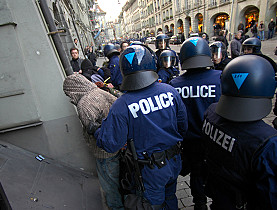
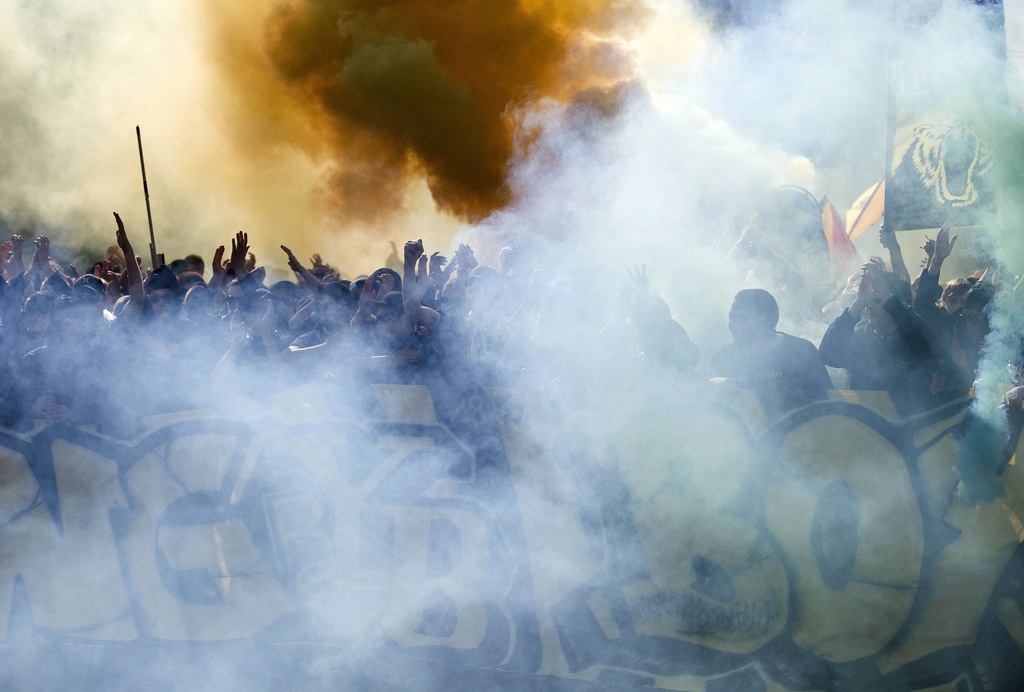
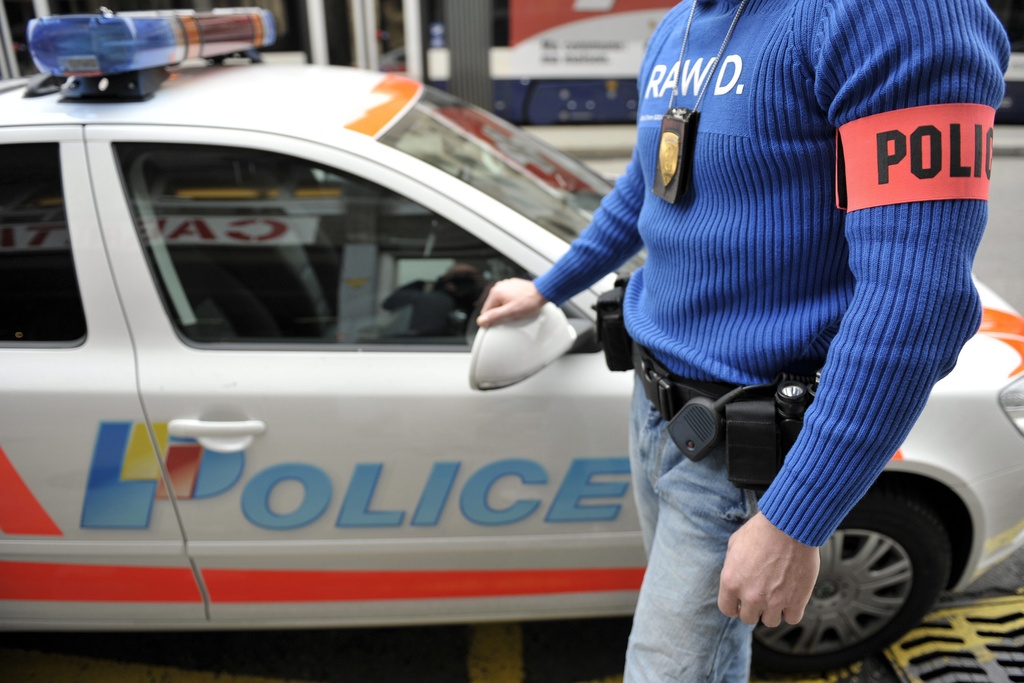
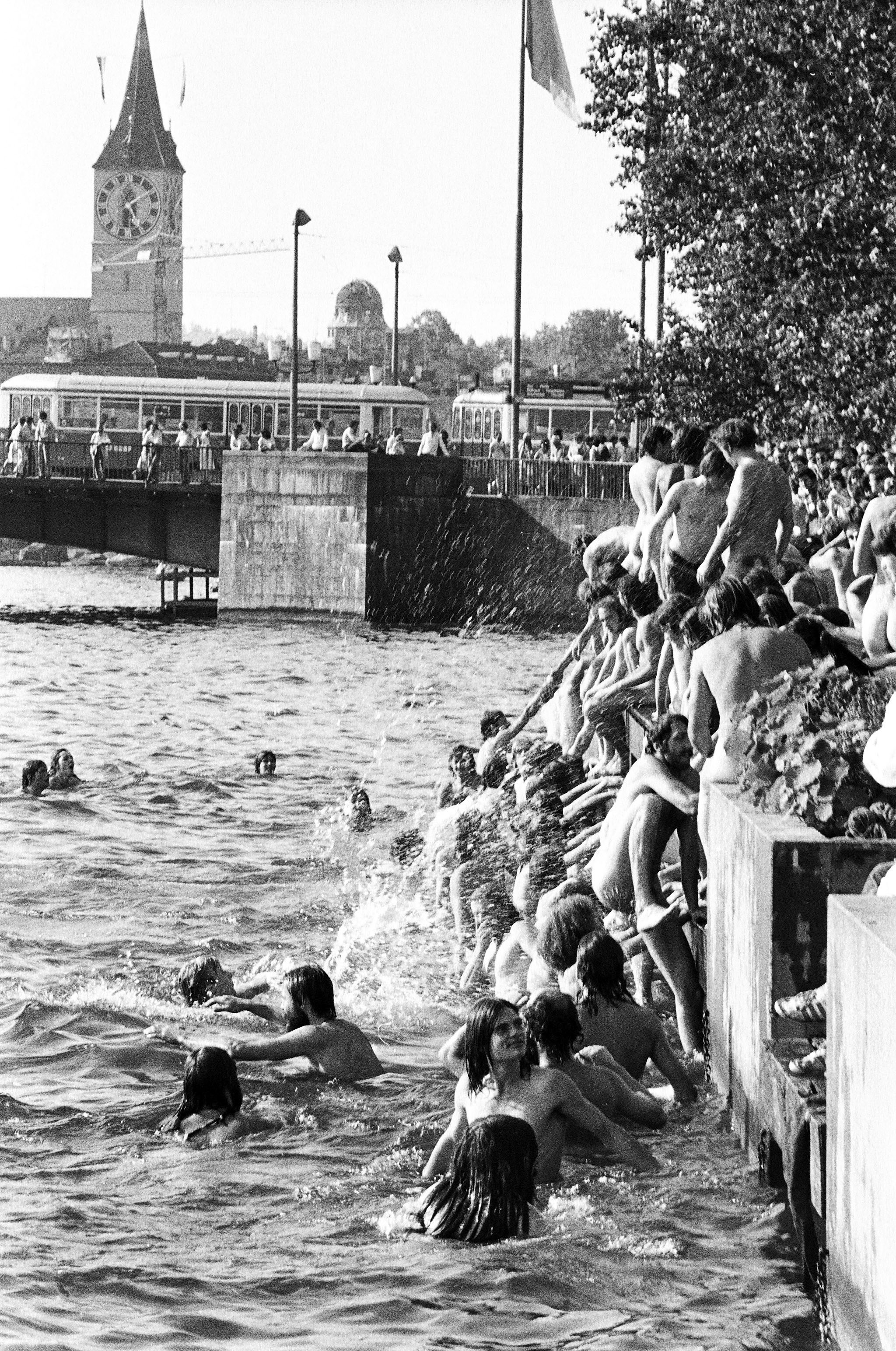
You can find an overview of ongoing debates with our journalists here. Please join us!
If you want to start a conversation about a topic raised in this article or want to report factual errors, email us at english@swissinfo.ch.